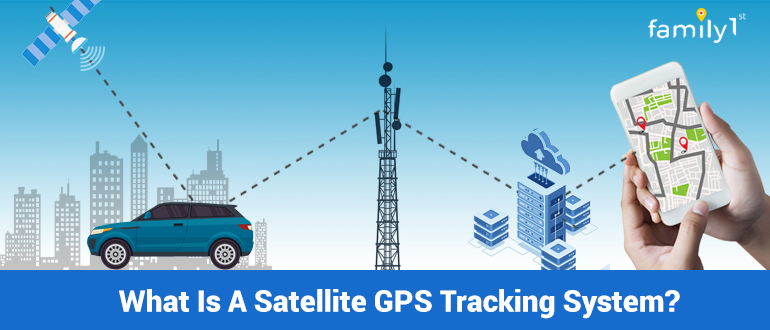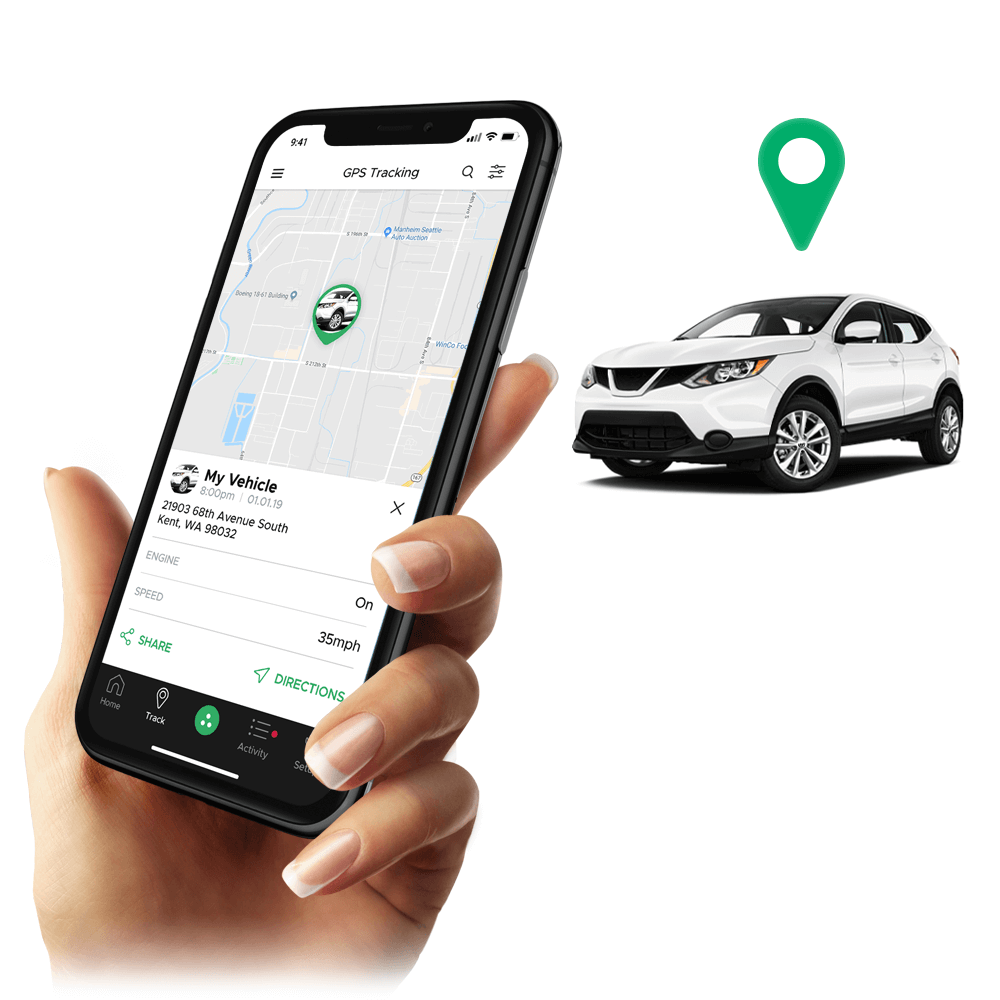Making Best Use Of Efficiency With GPS Tracking: Methods for Fleet Management and Asset Surveillance
In the realm of fleet management and property tracking, the usage of general practitioner monitoring systems has ended up being a foundation for improving operational efficiency and efficiency. By harnessing the power of real-time information, companies can streamline their logistics, maximize routes, and boost total fleet performance. However, truth possible lies not only in the application of these technologies yet likewise in the critical usage of the insights they provide. From enhancing motorist security to making informed choices based upon comprehensive data analytics, the opportunities are huge. As we check out the numerous techniques and techniques to make the most of effectiveness with general practitioner tracking, a globe of opportunities opens up to redefine exactly how companies manage their fleets and check their possessions.
Applying Real-Time Tracking Systems
To optimize operational efficiency, companies can apply real-time radar that provide immediate area information for their possessions. By making use of GPS technology, businesses can obtain real-time understandings right into the location of their automobiles, tools, and various other useful resources. This level of visibility permits business to enhance procedures, boost performance, and enhance total efficiency.
Real-time tracking systems provide numerous benefits for firms throughout numerous industries. With the capability to monitor possessions constantly, organizations can maximize routing, timetable upkeep more effectively, and minimize the risk of burglary or loss. In addition, these systems make it possible for companies to respond quickly to any type of unexpected occasions or disruptions, ensuring very little downtime and maximum efficiency.
Executing real-time radar requires cautious preparation and consideration of specific organization needs. Business should pick the appropriate innovation provider, personalize the system to meet their demands, and provide appropriate training to employees. By investing in real-time tracking options, businesses can remain ahead of the competitors, deliver remarkable client service, and attain lasting development in today's busy market environment.
Optimizing Path Preparation and Organizing

One trick strategy for optimizing route planning is to use historical data and real-time details to recognize the most effective paths for lorries. By analyzing past routes and taking into consideration factors such as traffic patterns and delivery windows, companies can produce schedules that reduce unneeded quits and delays. Furthermore, implementing dynamic transmitting capabilities enables for changes to be made in real-time based on transforming problems, making certain that vehicle drivers constantly take the most reliable course to their location.
Enhancing Chauffeur Performance and Security
Enhancing chauffeur performance and safety is paramount in making sure the smooth and secure procedure of a fleet. By using GPS monitoring modern technology, fleet managers can keep track of driver behavior in real-time and supply prompt feedback to promote safe driving methods. This includes tracking speed limits, important site rough stopping, acceleration patterns, and adherence to traffic regulations.
In addition, general practitioner radar can aid in identifying drivers who might need additional training or assistance to boost their efficiency (gps tracking). By evaluating data on driving practices and patterns, fleet supervisors can carry out targeted training programs to resolve certain areas of improvement. This positive technique not only improves total driver efficiency however additionally adds to a much safer job environment for every person involved
In addition to efficiency monitoring, GPS tracking systems can additionally improve chauffeur safety by providing emergency situation help attributes. In case of a mishap or break down, vehicle drivers can promptly send distress signals, enabling fleet managers to react quickly and send off help when needed. Overall, integrating GPS tracking modern technology into fleet management methods is critical for optimizing motorist performance and ensuring the safety and security of both vehicle drivers and possessions.

Using Geofencing for Boosted Security
Maximizing fleet safety exceeds keeping track of driver performance and safety; one efficient method is through the calculated use geofencing technology. Geofencing permits fleet managers to establish virtual boundaries or geozones around certain areas, allowing them to get real-time signals when automobiles go into or exit these marked locations. By establishing geofences around risky places such as building and construction sites, unauthorized locations, or perhaps customer locations, fleet managers can enhance protection actions and minimize possible threats.
Geofencing not only view it improves security but likewise allows fast feedback times in instance of unapproved car usage or theft. In the occasion of a violation, notifies can be sent to fleet managers, enabling them to take instant activity to locate and recuperate the automobile. In addition, geofencing can help in keeping an eye on lorry movement throughout off-hours, making certain that automobiles are not being utilized for unauthorized objectives.
Integrating GPS Information for Strategic Decision-Making
Using GPS information integration is important for educated tactical decision-making in fleet administration operations. By integrating GPS information into fleet management systems, organizations can get useful understandings into their procedures, leading to a lot more efficient paths, improved driver actions, and far better overall performance. With the combination of GPS information, fleet supervisors can track automobile locations in real-time, display gas consumption, and analyze chauffeur performance metrics such as speed, idling time, and harsh stopping.
In addition, integrating GPS information permits the optimization of routes based on website traffic conditions, climate patterns, and other exterior elements, aiding to decrease distribution times and operational costs. By assessing historical GPS information, fleet supervisors can recognize patterns, patterns, and areas for enhancement, enabling them to make data-driven decisions that enhance efficiency and enhance browse around these guys procedures.
Final Thought
Finally, the execution of general practitioner radar can significantly improve effectiveness in fleet administration and asset surveillance. By making use of real-time tracking, optimizing course preparation, improving chauffeur efficiency, making use of geofencing for safety and security, and integrating GPS information for tactical decision-making, organizations can attain and improve operations cost financial savings (gps tracking). These strategies make it possible for services to streamline processes, rise productivity, and inevitably maximize the general performance of their operations
In the realm of fleet management and property tracking, the utilization of General practitioner tracking systems has come to be a keystone for enhancing operational efficiency and productivity. As we explore the various approaches and techniques to make best use of effectiveness with General practitioner monitoring, a globe of opportunities opens up to redefine exactly how companies handle their fleets and check their assets.
By utilizing GPS tracking innovation, fleet supervisors can check vehicle driver habits in real-time and give immediate responses to promote secure driving practices. Via the combination of GPS information, fleet supervisors can track automobile locations in real-time, monitor gas consumption, and analyze chauffeur performance metrics such as speed, idling time, and rough stopping.
In final thought, the implementation of GPS tracking systems can substantially boost effectiveness in fleet monitoring and property monitoring.